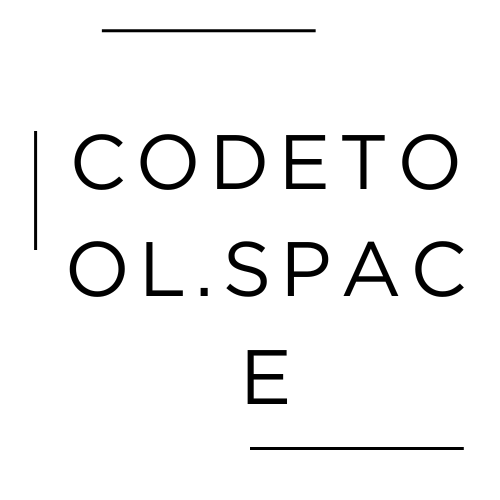If you’re just starting your journey into the world of programming, one of the first (and most important) questions you’ll face is: Which programming language should I learn first? With so many options available—Python, JavaScript, Java, C++, and more—it can feel overwhelming. But the answer largely depends on your goals, interests, and the kind of projects you want to build.
Let’s break it down.
Python: The Beginner’s Best Friend
Python has become the go-to language for beginners—and with good reason. Its syntax is clean, readable, and very similar to plain English. You don’t have to worry about complex structures or formatting when getting started. Python is also incredibly versatile: it’s used in web development, data analysis, artificial intelligence, automation, and even finance.
For example, Python is often used to build investment calculators, automate spreadsheets, or create budgeting tools—perfect for someone who wants both a career in tech and better financial control.
JavaScript: The Language of the Web
If you’re interested in creating websites or web applications, JavaScript is essential. It’s the language that brings websites to life by adding interactivity and dynamic features. Every modern website you use—whether it’s for shopping, learning, or banking—uses JavaScript behind the scenes.
Combined with HTML and CSS, JavaScript is a core skill for front-end developers. It’s also the foundation for popular frameworks like React, Vue, and Angular, which are in high demand in the job market.
Java: The Corporate Giant
Java has been around for decades and remains a popular language in enterprise environments. It’s widely used in large-scale systems, Android development, banking applications, and backend infrastructures. If you’re aiming for a corporate tech job or developing mobile apps for Android, Java is a solid choice.
It has a steeper learning curve than Python, but it’s incredibly powerful and teaches you object-oriented principles that are valuable across all languages.
C++: For Hardcore Technologists
C++ is known for being fast and powerful, but also complex. It’s typically used in game development, high-performance software, and systems programming. If you’re deeply interested in how computers work under the hood—or you want to build something like a trading engine for financial markets—C++ might be worth exploring.
That said, it’s usually not the best choice for absolute beginners due to its strict syntax and manual memory management.
How to Decide? Use This Quick Guide:
| Your Goal | Recommended Language |
|---|---|
| Build websites/web apps | JavaScript |
| Automate tasks or analyze data | Python |
| Create Android apps | Java |
| Work in finance + automate spreadsheets | Python |
| Learn low-level system programming | C++ |
| Transition into corporate IT | Java or Python |
Why Your First Language Doesn’t Have to Be Final
One important truth in programming: your first language is just a starting point. Many professional developers know multiple languages and learn new ones as needed. Starting with an accessible, beginner-friendly language helps you build the foundation of logic, problem-solving, and syntax structure. Once that foundation is in place, learning additional languages becomes much easier.
Also, most concepts—like loops, variables, functions, and conditionals—are common across languages. So, whatever you choose to begin with, you’re still building transferable skills.
Final Thoughts
Choosing your first programming language doesn’t have to be stressful. Think about what kind of tech excites you, where you want to work, or what problems you want to solve. Start simple. Stay consistent. The best programming language for you is the one that motivates you to keep learning.
At codetool.space, we offer guided courses in Python, JavaScript, and other essential technologies. Whether you’re exploring IT for the first time or planning a full career shift, we’re here to support your journey with practical training and real-world projects.

